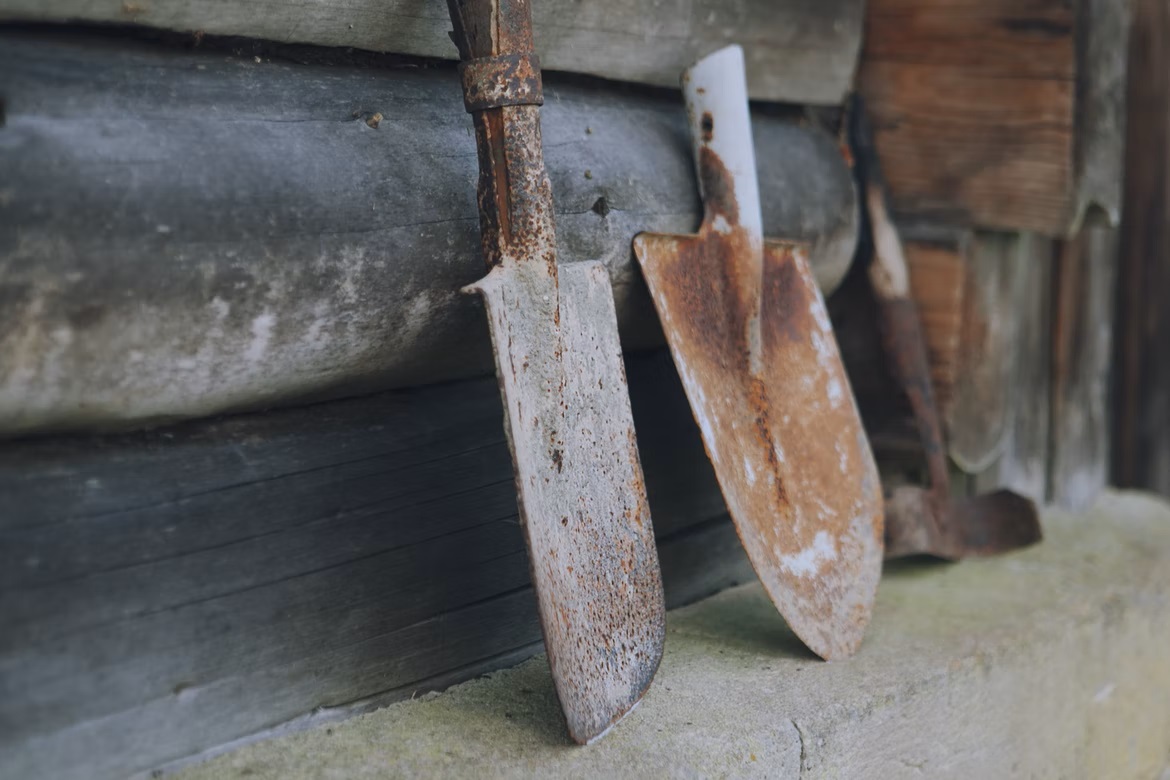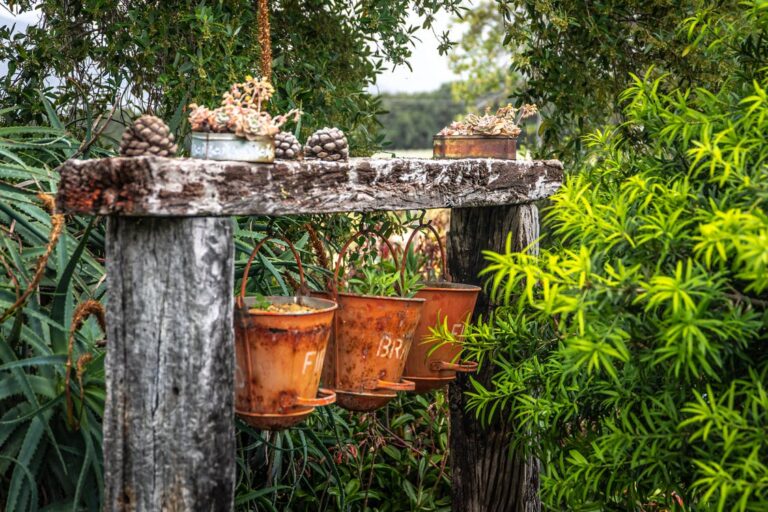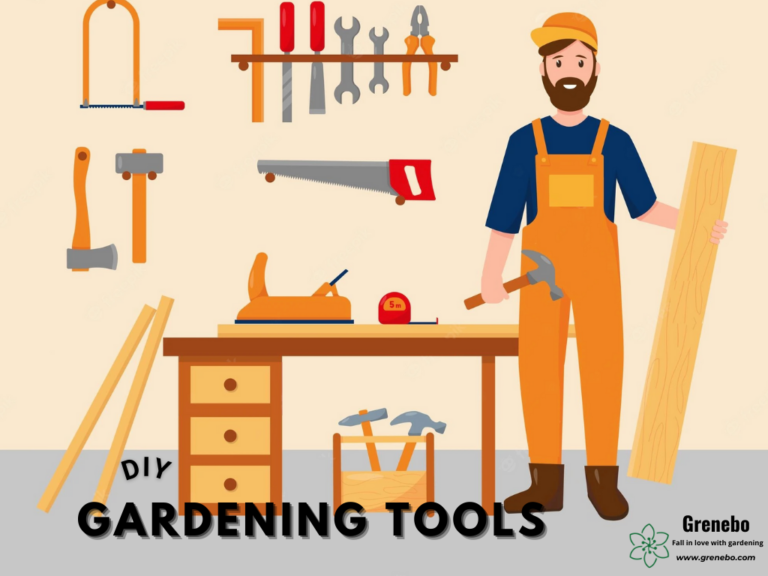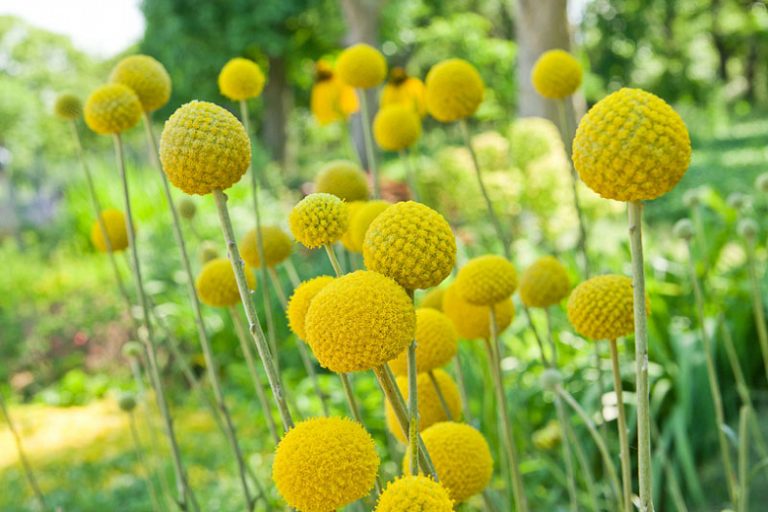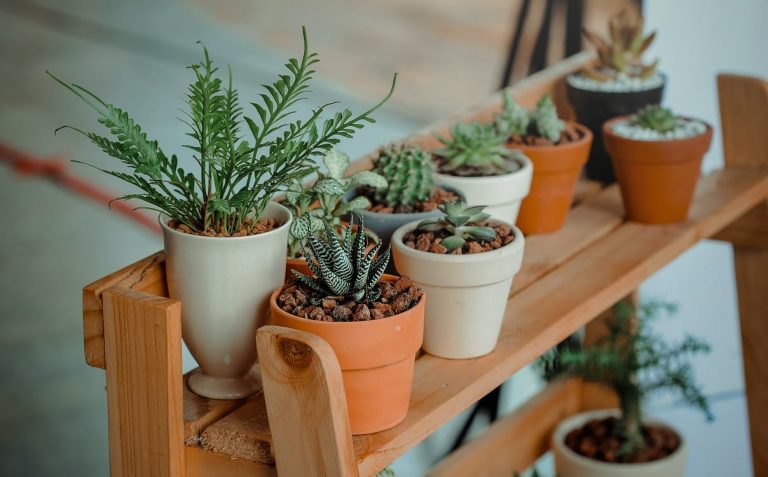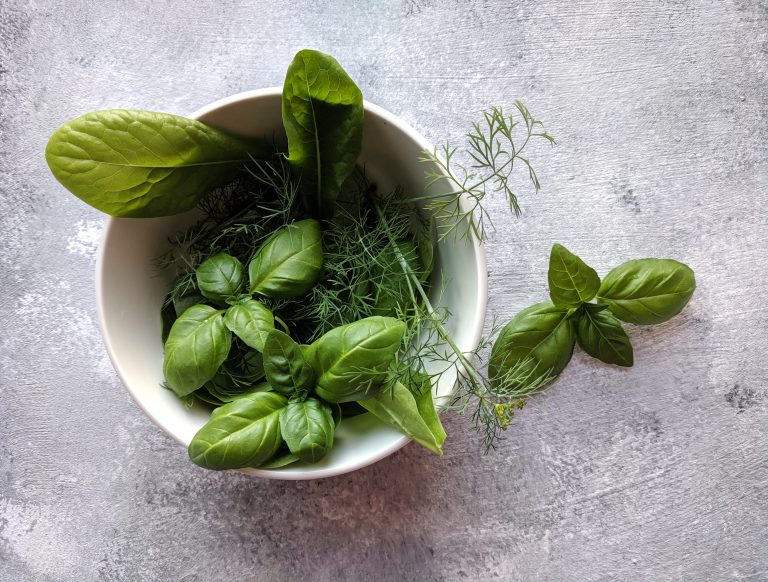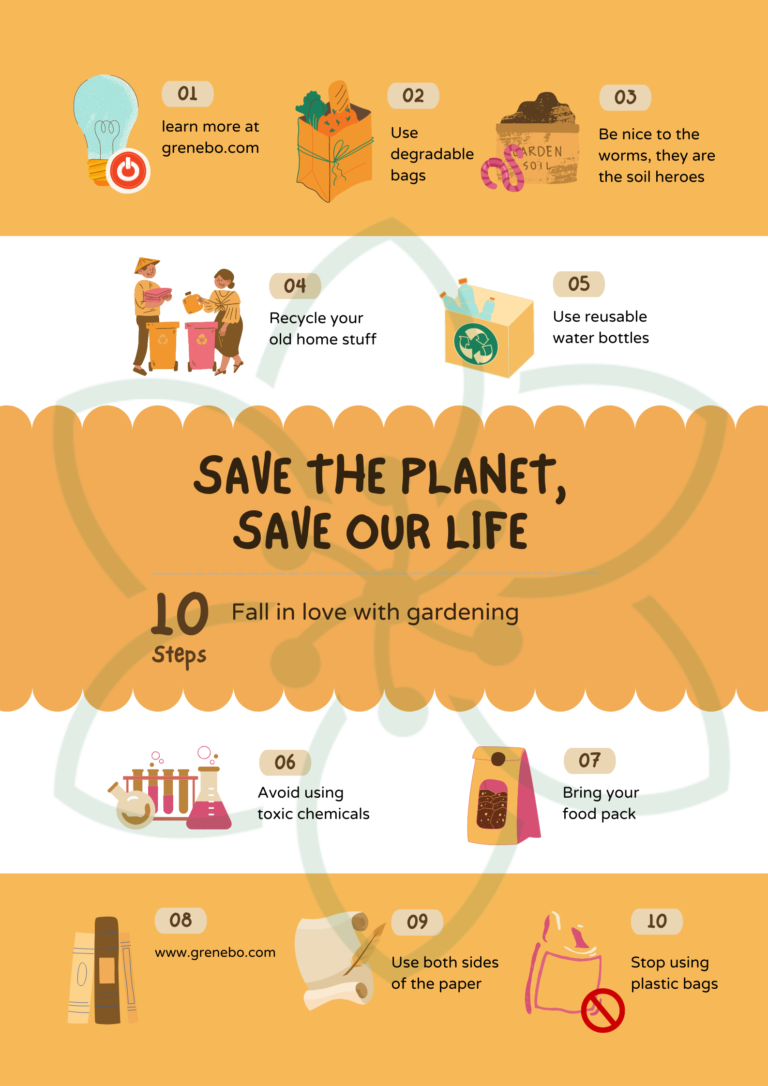How To Clean Rusty Gardening Tools?
You’re a plant enthusiast and you love to see your plants grow. When you first got into the hobby, you bought all sorts of tools, pots, soil, and other accessories. You went to a local gardening store and bought all the best equipment they had to offer.
You have been using those tools for years and they have been working well for you. But now that you are getting more advanced, you are starting to see some problems with your plants. One of the biggest problems is that your plants are getting diseases and bugs because of the tools that you use.
If this sounds familiar then it’s time for you to learn about how rusty tools can affect your plants.
I’m going to level with you — the last time I used a rusty tool was probably when I was in high school, and believe me, it was not fun. It dulled my knife, making cutting anything like butter difficult. If you’re having a hard time determining how to clean your rusty gardening tools or any other tool, then this article will help you.
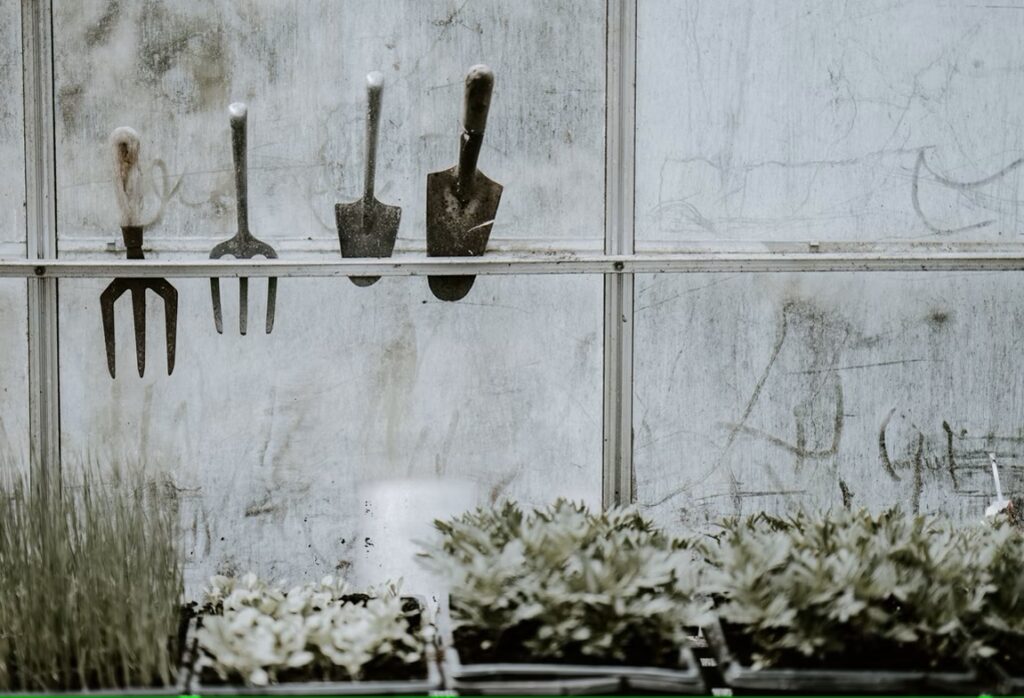
Why you should not use rusty tools in plants?
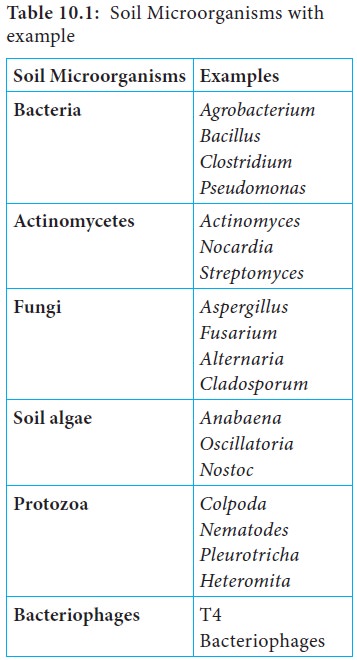
Rusty tools are bad for plants because they can transfer metal ions into the soil. Metal ions are harmful to plants because they cause nutrient deficiencies and make the soil more acidic. When the soil is too acidic, it can prevent certain nutrients from being absorbed by the plant’s roots, which will stunt growth and lead to wilting.
The dirt and dust that builds up on your tools can make them less effective at doing their job. For example, if you’re trying to prune a plant and the tool is covered in dirt, it will be harder to get a clean cut or trimming due to the extra friction created by the dirt on the blade or shears. This can also happen with watering cans; if there’s too much rust on the spout, it could spray water all over instead of just where you want it to go!
When you’re using dirty tools around your plants for any reason, there’s always a chance of transferring disease from one plant to another through these materials as well as spreading disease within one plant itself through tiny cuts or nicks made by dirty blades or scissors.
Why do my tools get rusty?
Many factors cause rust:
· Exposure to moisture
· Exposure to salt water or chlorine
· Exposure to high humidity
· Not oiling your tools after use
· Using poor quality metal that contains rust-prone alloys
Steel tools don’t have enough chrome or nickel in them to protect against corrosion. This means that the tools will rust quickly if left outside or stored in damp conditions for long periods.
Aluminum tools don’t corrode as quickly as steel, but they do still corrode over time when exposed to moisture and oxygen in the air. The result is similar to rusting on steel; however, aluminum oxide is soft so it doesn’t flake off as rust does on steel surfaces, which means aluminum tools tend to look worse than their steel counterparts before they need replacing because they get scratched up all over the place while using them compared to how they looked brand new out of the box!
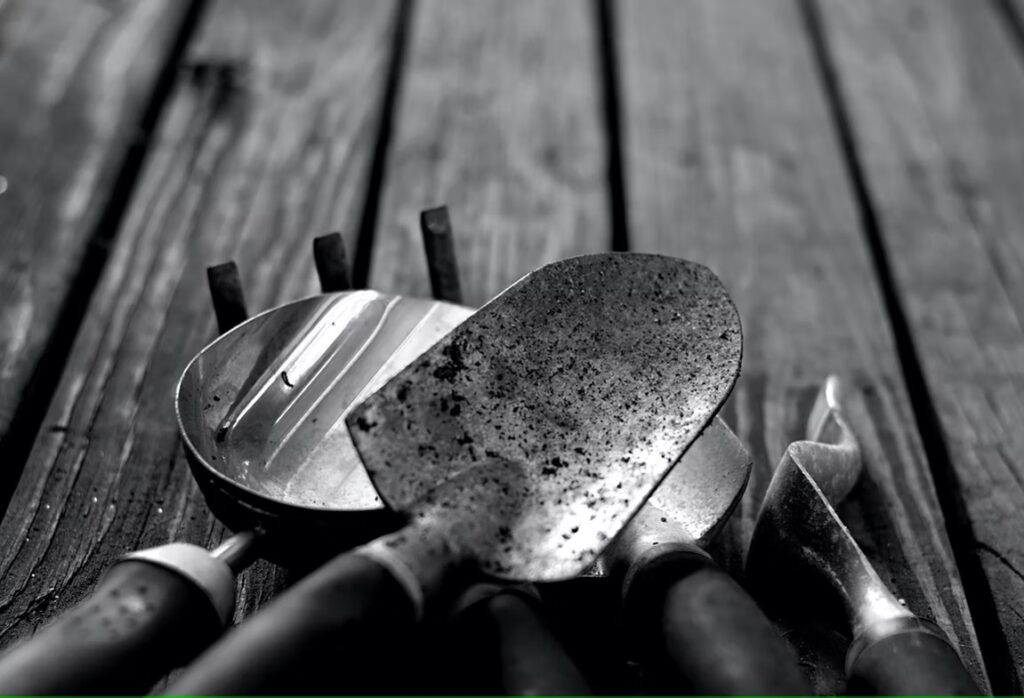
How to prevent my tools from accumulating rust?
Use a lubricant. A good lubricant can reduce friction and protect your tools from rust. The best lubricants to use are oils and waxes. They can penetrate the surface of metals and form a coating on them.
Store your tools inside a dry place. Rust forms when there is moisture in contact with metal surfaces, so keeping your tools in dry places will prevent rusting. You can also place them in containers filled with sand or salt. These materials absorb moisture and help prevent rusting as well.
Clean your tools regularly. Cleaning removes dirt and other debris that may cause corrosion on your tools over time. You should clean them after each use or at least once every week to ensure that they remain rust-free for longer periods than usual.
How to Remove Rust From Garden Tools
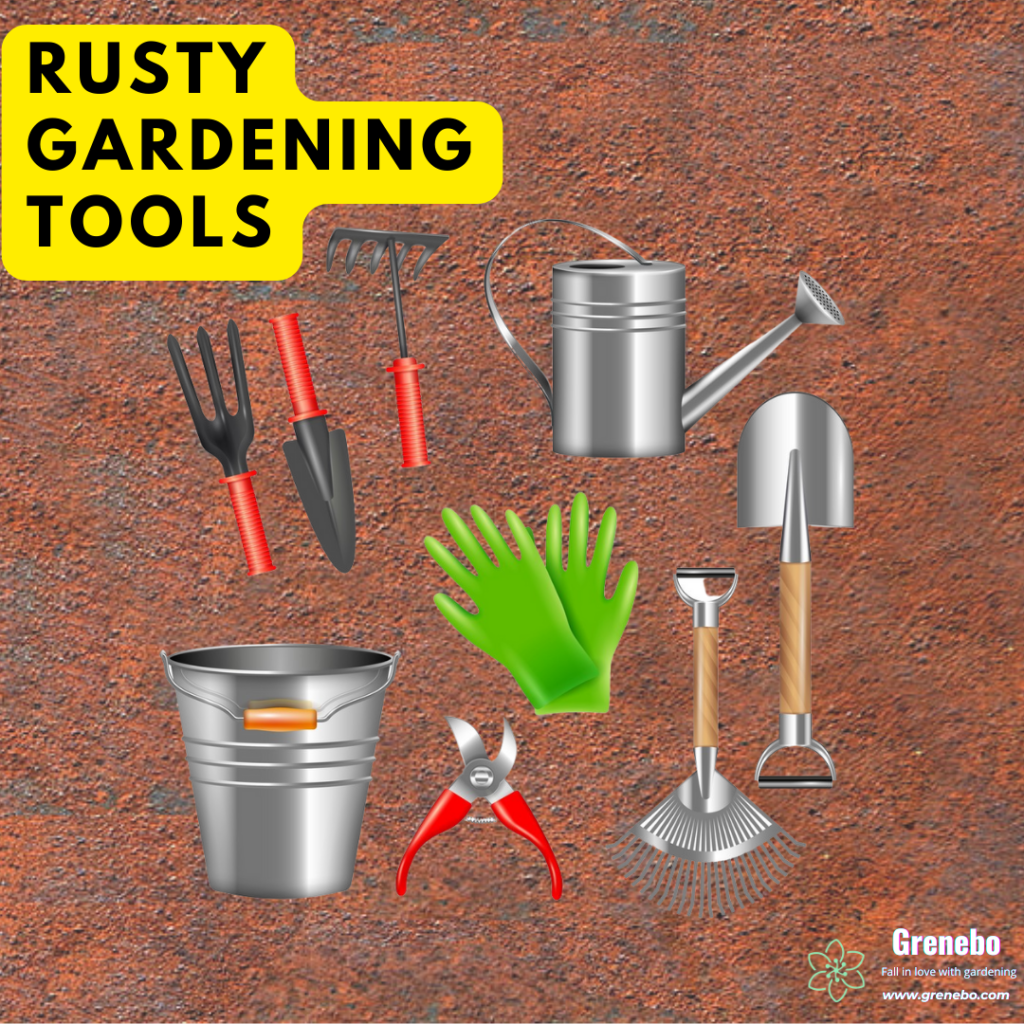
Step 1: Soak
The first thing you want to do is soak your tools in an apple cider vinegar bath. This will loosen up any rust that has already formed on your tool and make it easier for you to scrub off later. Make sure that you don’t use distilled white vinegar as this can strip away some of the chrome platings on your tools.
Step 2: Rinse
After your tools have soaked overnight, rinse them off thoroughly with hot water and soap or detergent if necessary to remove any leftover residue from the previous step. If you don’t rinse thoroughly enough, the remaining residue could cause more damage than good when you begin sanding later on in this process. Be sure to rinse until all traces of soap are gone from each tool as well as your hands so that no soap gets into contact with any exposed metal surfaces during sanding.
Step 3: Sand
Sandpaper is an effective method for removing larger patches of rust from metal tools such as shovels, hoes, rakes, and other gardening implements that have been exposed to moisture over time (or if they’ve been left outside).
You can also remove any remaining corrosion with a wire brush. Use caution when using wire brushes because they can damage soft metals like aluminum and brass if used incorrectly. A common mistake is using too much pressure when brushing — less is more here! Use light strokes over all surfaces that show signs of corrosion and make sure not to apply too much pressure on softer metals like aluminum or brass.
Step 4: Paint
After you have removed the rust from your garden tools and other metal items, you will want to apply a coat of paint to protect them. You must choose the right type of paint for the job.
If you are painting metal tools or other items, you will want to use oil-based paint. Oil-based paints are very durable, but they do require several days of drying time between coats. They also tend to be quite thick, so they may be difficult to apply evenly.
An alternative is enamel paint, which is a water-based paint that dries quickly and can be applied in thin layers. In addition to being easier to apply than oil-based paints, enamel paints also tend to be less expensive than oil-based paints. However, enamel paints are not as durable as oil-based paints and can chip or crack if subjected to extreme temperatures or rough handling.
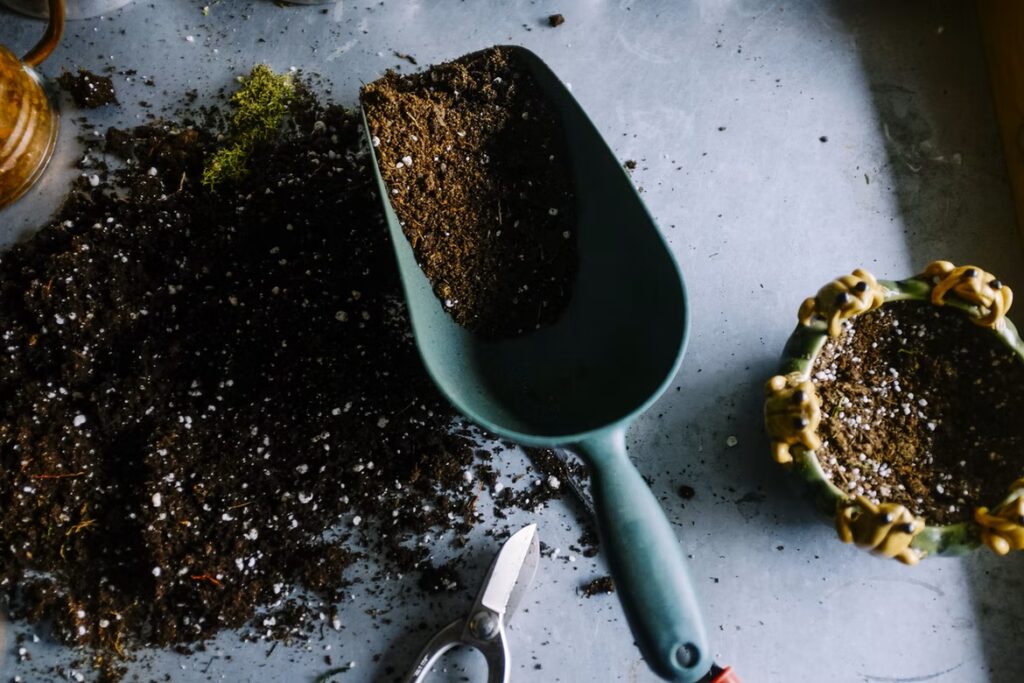
Choose the right rust remover product
There are many products on the market that claim to remove rust from metal surfaces. Some people swear by vinegar as a rust remover, but it’s best not to use it on anything that will come in contact with food or drink. Vinegar may also corrode aluminum cans, so if you want to try vinegar washing as a rust preventative, make sure that the part being treated isn’t going to come into contact with food or drink.
A good option for removing rust is CLR (calcium, lime, and rust) or another similar product available at most grocery stores or hardware stores. These products contain acids that dissolve rust from metal surfaces without damaging them further. You just need to apply the product directly to the affected area and scrub it off with steel wool afterward.
How To Protect Garden Tools from Rust?
If you’re wondering how to keep your garden tools from rusting, using WD-40 Specialist Garden and Lawn Lubricants is considerably easier than scrubbing them off.
Use the Lawn and Garden General Use Lubricant to reduce friction and provide some moisture protection. Water Protective Silicone can also be used to lubricate and protect your tools from moisture, even in mechanisms like hinges and joints. It’s perfect for any tools that will come into contact with plant remains or dampness.
The Tool Protectant Grease should be in your toolbox for extra heavy-duty protection. It’s a white lithium-based substance made for metal tools that are exposed to the elements regularly. It displaces water, preventing corrosion, and is suitable for wheelbarrows, trailer tow bars, metal gates, and other equipment that is continuously exposed to the elements.
Protecting your instruments is as simple as spraying one of the aforementioned products over them after each use to keep the protective coating intact.
That’s Why it is Important to Maintain Your Garden Equipment
Gardening becomes considerably more difficult when your equipment is corroded. It might stiffen the mechanics and blunt the blades of your instrument. If left unchecked for an extended period, your tools may become worthless, and replacing tools frequently can be costly.
Rusted equipment not only makes gardening more difficult for you, but it can also harm your plants. If you don’t clean your equipment properly, unhealthy plant waste might spread throughout your garden, contaminating all of your plants. If your secateurs have rusted, the corroded and dull blades might harm your plants.

